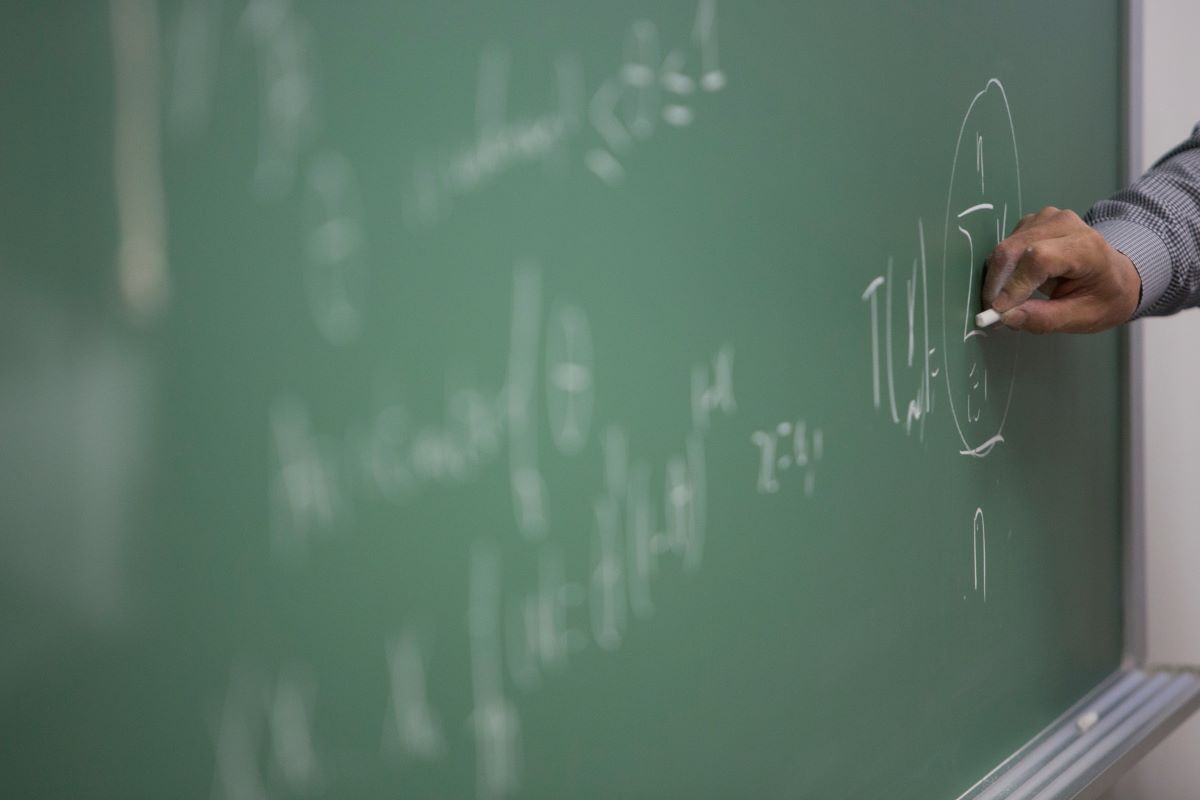
Graduate Programs
Master of Science in Mathematics
Our master’s degree program in mathematics allows students to sharpen their skills in different areas of mathematics such as applied mathematics, algebra or analysis. It prepares the student to purse professional careers such as mathematics instructor or teacher, senior budget analyst, math and statistics modeler, accounting supervisor, modeling and simulation analyst, imaging scientist, systems engineer, consultant and actuarial analyst.
Learn more about the MS Mathematics
Master of Science in Statistics
There is a high regional demand for individuals with a master’s degree in statistics. Our master’s degree program in statistics prepares you for professional careers such as statistician, biostatistician, data scientist, stat instructor, consultant or data analyst.
Learn more about the MS Statistics
Natural Sciences Ph.D. in Mathematics
UMKC offers a Natural Sciences Ph.D. program which takes a multidisciplinary approach to earning a doctorate.
Learn more about the Mathematics Discipline
Interdisciplinary Ph.D. in Mathematics
(Fall 2025 is the last term that applications will be reviewed for the interdisciplinary program.)
A Ph.D. in Mathematics opens the door to well-paying careers as a research scientist, assistant professor, data scientist, senior analyst, statistical modeling manager and much more.
Sign up to get information about the graduate programs in Math and Statistics
Schedule a time to talk with a faculty member about the graduate programs in Math and Statistics
Areas of Research
- Scientific Computing
- Computational Mathematics
- Data-driven Methods for Partial Differential Equations
- Finite Element Methods
- Approximation Theory of Transformers
- Machine Learning
- Mathematical Biology
- Mathematical Epidemiology
- Biostatistics
- Statistical Inference
- Statistical Distribution Theory with Applications
- Statistical Methods for Meta-Analysis
- Factor Analysis
- Probability Theory
- Commutative Algebra
- Homological Algebra
Annual Newsletter
You can catch up with recent Mathematics and Statistics events as well as student and faculty accomplishments in our annual RooMath News newsletter.
